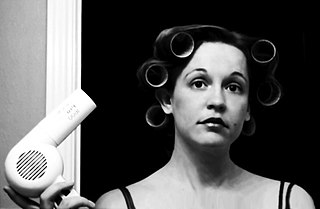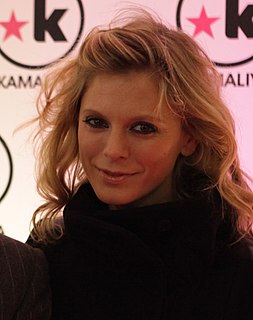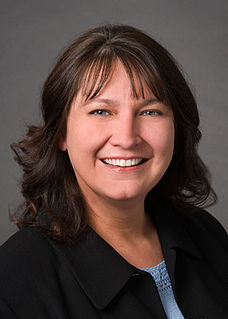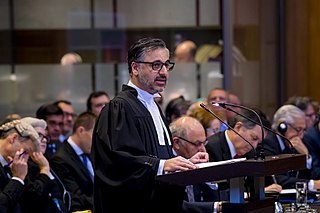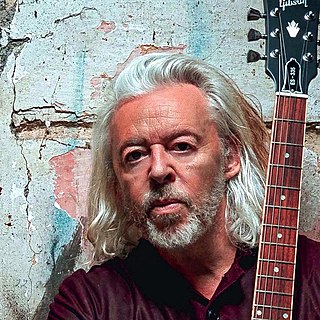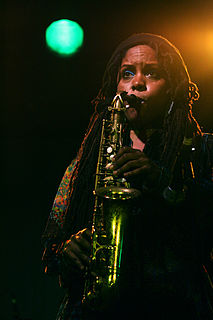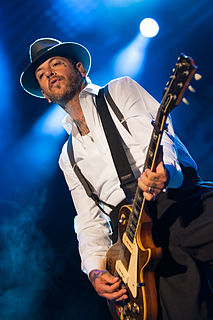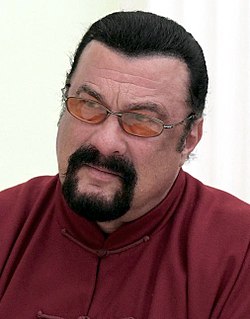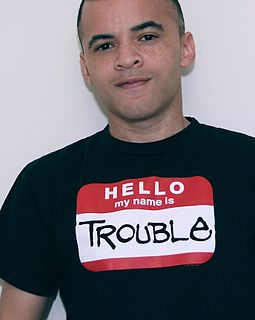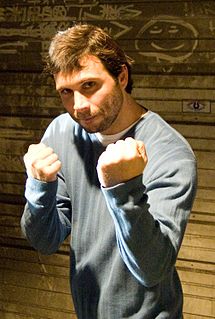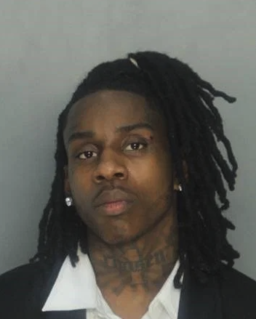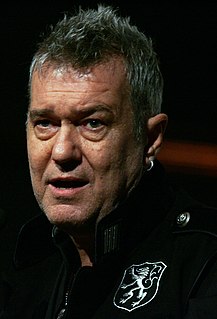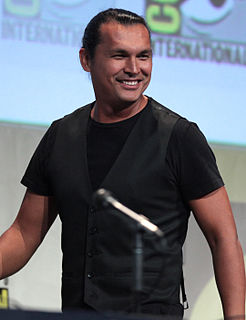Top 1200 Childhood Trauma Quotes & Sayings
Explore popular Childhood Trauma quotes.
Last updated on December 2, 2024.
The thing that always interests me from a storytelling point of view is how that moment of trauma, whatever the trauma is, even divorce, your dog dies, whatever it is, the consequence, in terms of people's emotional lives and the way it resonates behaviorally for a long time is really the stuff that interests me.
There are those uncomfortable things that've passed that you have to deal with or they define you, like childhood trauma. Like when I'm lost, I just feel like somewhere along the line, if you've gone through any childhood trauma, it makes you lose your essence and it takes a while to get that back. There are certain things about that that push my buttons.
I write about how I was attracted to stripping because I didn't feel comfortable with my body, for instance, but there could be plenty of not-so-good reasons why I chose to go into journalism, too. Maybe someone had a trauma in childhood and it led them to become a nurse, or a lawyer, but because people stigmatize sex work they try to find a traumatic moment in your past and say, "There!"
The thing that always interests me from a storytelling point of view is how that moment of trauma, whatever the trauma is, even divorce, your dog dies, whatever it is, the consequence, in terms of people's emotional lives and the way it resonates behaviorally for a long time, is really the stuff that interests me.
Strangely enough, for many many years I didn't talk about my childhood and then when I did I got a ton of mail - literally within a year I got a couple of thousand letters from people who'd had a worse childhood, a similar childhood, a less-bad childhood, and the question that was most often posed to me in those letters was: how did you get past the trauma of being raised by a violent alcoholic?
If we take a hard look at what poverty is, its nature, it's not pretty - it's full of trauma. And we're able to accept trauma with certain groups, like with soldiers, for instance - we understand that they face trauma and that trauma can be connected to things like depression or acts of violence later on in life.
I have come to the conclusion that human beings are born with an innate capacity to triumph over trauma. I believe not only that trauma is curable, but that the healing process can be a catalyst for profound awakening - a portal opening to emotional and genuine spiritual transformation. I have little doubt that as individuals, families, communities, and even nations, we have the capacity to learn how to heal and prevent much of the damage done by trauma. In so doing, we will significantly increase our ability to achieve both our individual and collective dreams.
I think trauma gets a reductive treatment. We tend to think only violence or molestation or total abandonment qualify as "childhood trauma," but there are so many ruptures and disturbances in childhood that imprint themselves on us. Attachment begets trauma, in that broader sense, and so if we've ever been dependent on anyone, I think there is an Imago blueprint in us somewhere.
We [Americans] have a historical trauma when it comes to the past relationships when it comes to Native Americans and the history of how America was created. With this film, it's nice to see that the trauma is presented from a white male that was in the Civil War and that trauma affects him in a way that still exists.
They say that childhood forms us, that those early influences are the key to everything. Is the peace of the soul so easily won? Simply the inevitable result of a happy childhood. What makes childhood happy? Parental harmony? Good health? Security? Might not a happy childhood be the worst possible preparation for life? Like leading a lamb to the slaughter.
